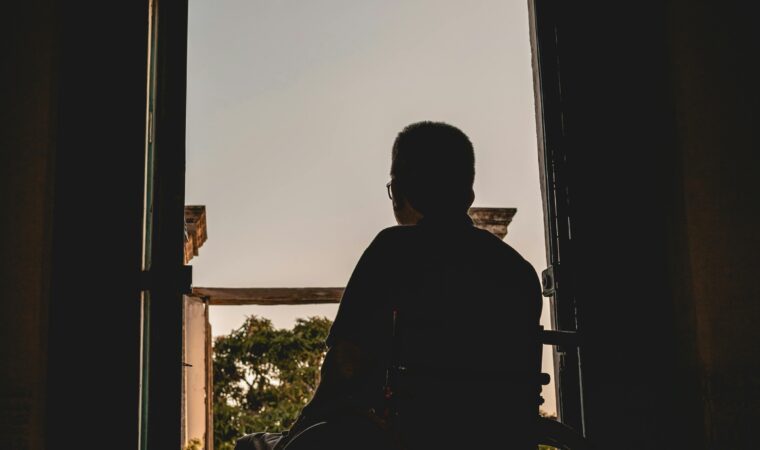Accessing the services and resources we need to live quality lives can be a challenge for those of us living with spinal cord injuries (SCI). Almost 30% of Americans with SCI depend on Medicaid and thousands more rely on the Administration for Community Living (ACL) which provides services to people with disabilities regardless of insurance status. Recent threats to these programs have Americans with spinal cord injuries worried about losing these critical services.
Unfortunately just because our particular disability demographic isn’t on the chopping block doesn’t mean we are safe from the chainsaw.
How Medicaid Cuts Could Affect Americans with SCI
Medicaid provides hospital services, physician services, skilled nursing home services and home and community-based services (HCBS) which help individuals with disabilities maintain their independence and live in their homes.
Under the Affordable Care Act many states expanded Medicaid eligibility to nearly all low income adults while also providing states with an enhanced federal matching rate. States may terminate the expansion if the federal government’s financial support dwindles. Hospitals, doctor’s offices and community-based service organizations may all take a hit, inadvertently impacting millions of Americans with SCI.
Rural communities and their healthcare systems are disproportionately vulnerable to the negative impacts of Medicaid cuts, including potential hospital closures and reduced access to care. Home health agencies may close their doors and personal care attendant providers may stop servicing some communities.
Then there’s home care services covered by HCBS. Currently Medicaid covers two-thirds of all home care in the US, servicing about 4.5 million people annually.
Home care includes skilled nursing visits as well as personal care attendants. Skilled nursing may address issues such as urinary incontinence and skin integrity. They may perform a bowel routine regularly. Personal care attendants help people with spinal cord injuries get dressed, get out of bed in the morning, get in the shower, get to the store. Without these services many individuals with SCI would have no alternative but institutionalization.
The Impact of Eliminating ACL
In addition to awaiting looming Medicaid cuts, our new Secretary of Health and Human Services seeks to cut the Administration for Community Living, claiming critical services somehow won’t be impacted.
Disability advocates worry though, that the ACL’s critical roles aren’t understood and won’t be replicated.
Once again, the impact is on independent living for people with disabilities.
The Administration for Community Living funds and works with over 2,500 community organizations nationwide, overseeing programs helping people access services in their communities, and providing grants for approved independent living centers. They also provide employment programs for people with disabilities as well as legally-based advocacy services for people with disabilities.
Also important, the ACL has a seat at the table with the secretary, and their own workforce is comprised of people with disabilities and older Americans. This ensures our voice is heard regarding matters that concern us.
Is This Really Happening?
Never mind that it costs taxpayers a third of what it costs for people to live in institutional settings, home services are getting chopped if Republicans have their way. HCBS are already limited, and will be relatively easy for states to abandon under this administration. In some states capping the amount of money received to run their Medicaid programs will limit funding available.
As yet we don’t know how the Administration for Community Living’s responsibilities will be divided or if the ball gets dropped here. As for Medicaid cuts, in early March the Republican majority House passed a budget blueprint calling for $880 billion in spending cuts. Congress is back in Washington, D.C., this week, debating the budget with the (also Republican majority) Senate. It doesn’t look good.
Disability rights advocates are asking the administration to halt ACL reorganization and Medicaid cuts and engage directly with the disability community before making changes that could impact our lives.
